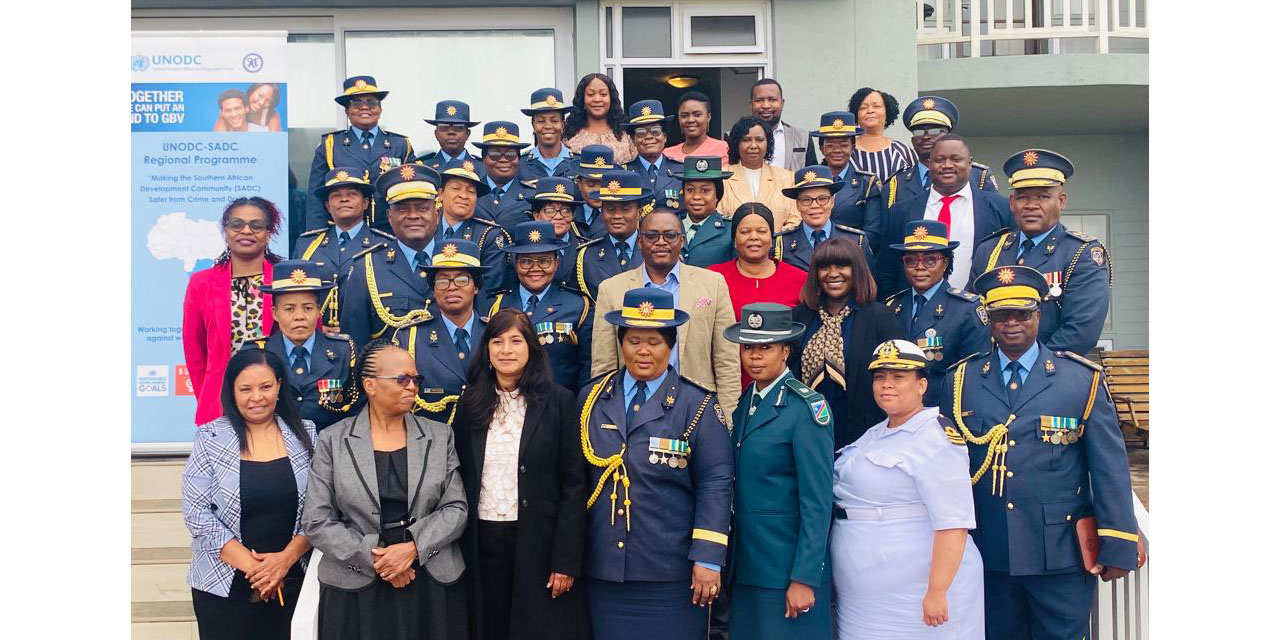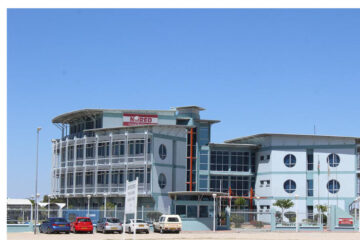Niel Terblanche
New and old government policies in Namibia will henceforth be integrated at all stages and levels with a gender equality perspective to ensure an inclusive decision-making process.
The criminal justice sector in Namibia, in particular, will come under the searchlight and in this regard a workshop to create an understanding of the impact of gender mainstreaming in the context of institutional transformation, and the integration of a gender equality perspective.
The Deputy Inspector General of the Namibia Police, Major General Anne-Marie Nainda officiated at the opening of the workshop and said that it is imperative to highlight that gender-mainstreaming must be a guiding principle to ensure effective multi-sectoral services in the Criminal Justice Sector.
“All individuals involved in providing these services, including policy drafters, law enforcement officers, prosecutors, judges and other service providers, should understand the importance of gender equality and the role it plays in promoting justice,” she said.
The General added that Regardless of every institution’s unique mandate, the end goal because Criminal Justice Providers will be the same.
“Thus, we should prioritize gender equality and adopt a holistic approach, to ensure our services are effective and meet the unique needs of all individuals, irrespective of their gender.
For effective services, we ought to develop gender-sensitive policies and guidelines, provide gender-sensitive training and promote inclusivity for all,” she said.
General Nainda said that it is vitally important that everyone understands the need for gender mainstreaming because women and men have different experiences, needs, and priorities.
“Failure to recognize and address these differences may lead to inequalities,” she said.
The General Added that gender-mainstreaming is not about creating a special treatment for women, but rather ensuring that gender equality is integrated into all policies and programmes.
“It is not a buzzword, but is a crucial tool for achieving sustainable development goals, and addressing past gender disparities,” she said.
Gender mainstreaming is an inclusive strategy, aimed at integrating the need of all people. It is also based on the fact that women are not a “vulnerable group”, as they represent more than half of the population in most societies.
Gender mainstreaming is a strategy to improve the quality of public policies, programmes and projects, ensuring a more efficient allocation of resources. Better results mean increased well-being for both women and men and the creation of a more socially just and sustainable society.
Before declaring the official start of this very important workshop, General Nainda stated that gender equality can stimulate economic growth, boost private and public sector performance, and reduce income inequality.




